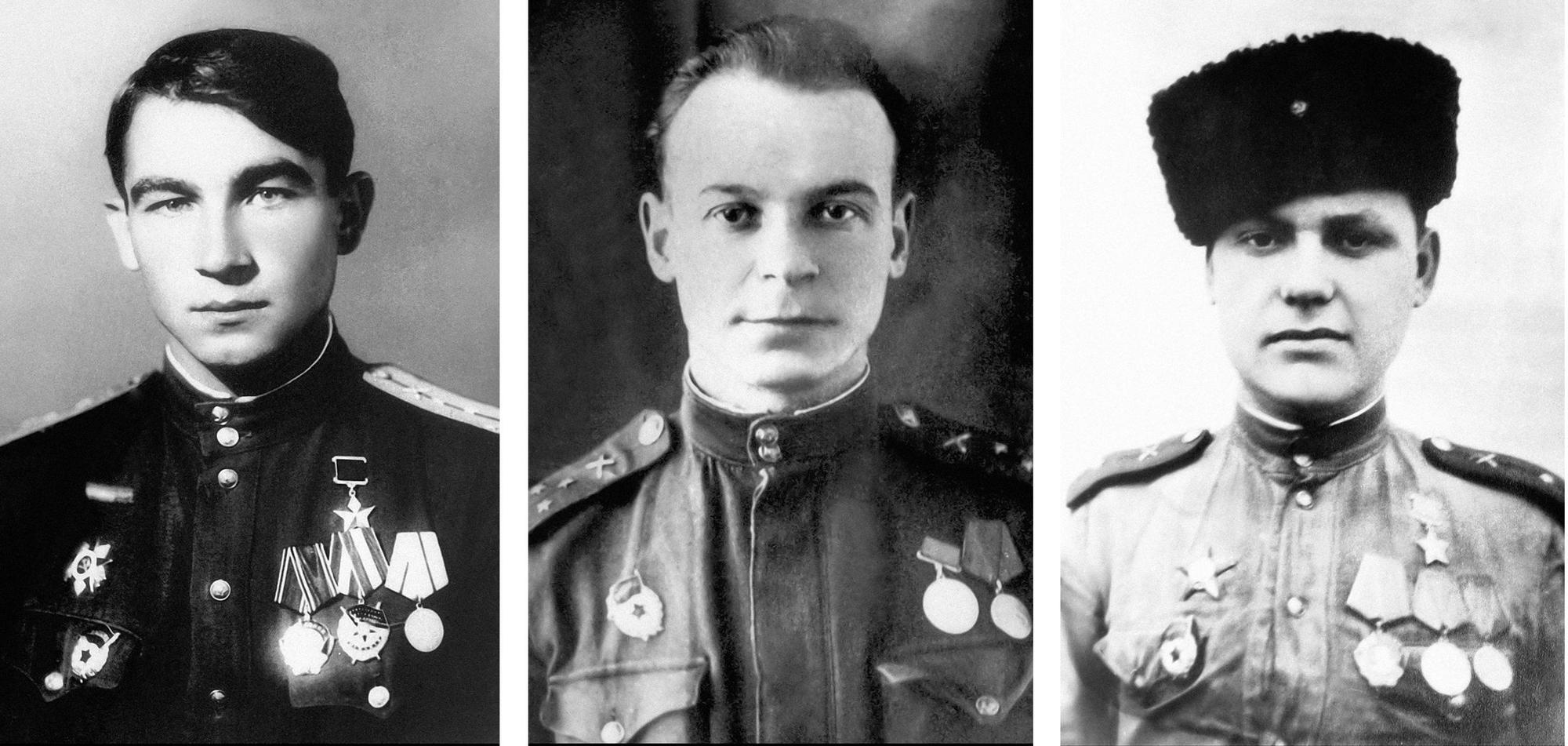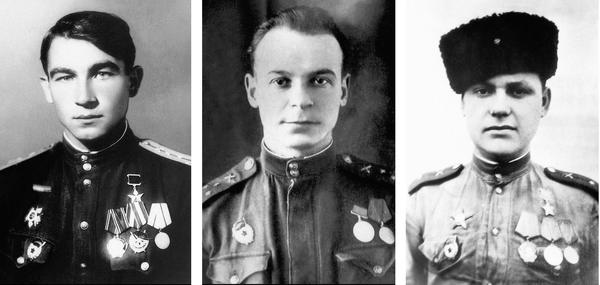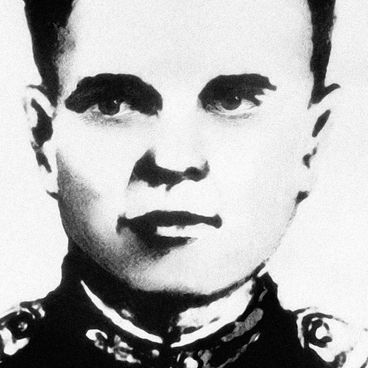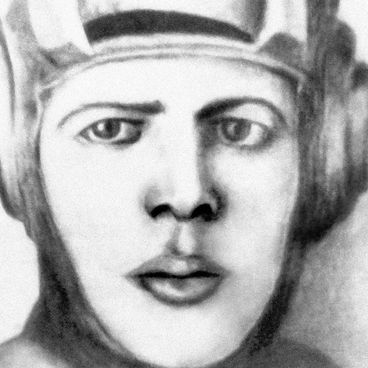The 6th Guards Army was formed on May 1, 1943, at the order of the General Headquarters of the Supreme Command, and fought in the Battle of Kursk. The forces of the army were deployed in the southern part of the Kursk Salient, and were attacked on July 6 by the enemy’s armored corps, given neither party had an advantage. The defensive combats that lasted for six days helped check the advance of German troops at Kochetovka. The army contributed to the liberation of Belgorod and Kharkov. Dozens of enlisted men and officers of the 6th Guards Army who had fought in the Battle of Kursk were awarded the title of Hero of the Soviet Union for their courage.
Among them was Captain Andrei Grib whose squadron had held the line at the village of Yakhontov, Belgorod Region, and destroyed 10 tanks, 7 motor cars and over 300 Nazi soldiers in a combat on July 5, 1943. The squadron managed to escape from the encirclement and join Soviet troops with minimal casualties. After the war, Andrei Grib continued his military career to become a colonel, and retired from service in 1965. He had moved to Kiev where he died in 2000. The hero was buried at the Berkovetsk cemetery.
The hostilities at the village of Yakhontov also saw Nikolai Parkhomenko, Guards Junior Sergeant, who showed his prowess by knocking out two Nazi tanks and killing over 60 enemy soldiers on July 5. In the next combat, on July 12, in the village of Kartashevka, Parkhomenko’s accurate fire hit two more tanks and three trucks, and shot to death at least 70 enemy soldiers. Parkhomenko was also successful in both defensive and offensive actions at the village of Novocherkassk near the Tomarovka railway station. His artillery squad destroyed, in total, 8 Nazi tanks, at least 10 fire nests, two canons and over 200 Nazi soldiers. Parkhomenko marched all the way down to Berlin with his 6th Guards Army. He was discharged from active duty in 1946 and settled in the town of Gulkevichi, Krasnodar Krai, where he died in 1997.
In July 1943, the squadron in which Senior Lieutenant Yakov Babushkin served was engaged in hostilities south of Belgorod, in the Yakovlevsky District. The courage and commitment of the servicemen did not allow the enemy to break through the defense in the area under their control. Yakov Babushkin was born in 1913 in Kiev, and fought on the frontline since the first day of the war. He saw action near Stalingrad where his squadron was supporting infantry’s advance. During the hostilities, they managed to kill 366 Nazi soldiers and officers, to destroy 13 motor vehicles, 5 machine-guns, and 17 dugouts. Babushkin was decorated with the Order of the Red Banner for successful completion of combat missions during the Battle of Stalingrad. In November 1965, he received a commemorative award — the Order of the Patriotic War, 1st class.
Among them was Captain Andrei Grib whose squadron had held the line at the village of Yakhontov, Belgorod Region, and destroyed 10 tanks, 7 motor cars and over 300 Nazi soldiers in a combat on July 5, 1943. The squadron managed to escape from the encirclement and join Soviet troops with minimal casualties. After the war, Andrei Grib continued his military career to become a colonel, and retired from service in 1965. He had moved to Kiev where he died in 2000. The hero was buried at the Berkovetsk cemetery.
The hostilities at the village of Yakhontov also saw Nikolai Parkhomenko, Guards Junior Sergeant, who showed his prowess by knocking out two Nazi tanks and killing over 60 enemy soldiers on July 5. In the next combat, on July 12, in the village of Kartashevka, Parkhomenko’s accurate fire hit two more tanks and three trucks, and shot to death at least 70 enemy soldiers. Parkhomenko was also successful in both defensive and offensive actions at the village of Novocherkassk near the Tomarovka railway station. His artillery squad destroyed, in total, 8 Nazi tanks, at least 10 fire nests, two canons and over 200 Nazi soldiers. Parkhomenko marched all the way down to Berlin with his 6th Guards Army. He was discharged from active duty in 1946 and settled in the town of Gulkevichi, Krasnodar Krai, where he died in 1997.
In July 1943, the squadron in which Senior Lieutenant Yakov Babushkin served was engaged in hostilities south of Belgorod, in the Yakovlevsky District. The courage and commitment of the servicemen did not allow the enemy to break through the defense in the area under their control. Yakov Babushkin was born in 1913 in Kiev, and fought on the frontline since the first day of the war. He saw action near Stalingrad where his squadron was supporting infantry’s advance. During the hostilities, they managed to kill 366 Nazi soldiers and officers, to destroy 13 motor vehicles, 5 machine-guns, and 17 dugouts. Babushkin was decorated with the Order of the Red Banner for successful completion of combat missions during the Battle of Stalingrad. In November 1965, he received a commemorative award — the Order of the Patriotic War, 1st class.



